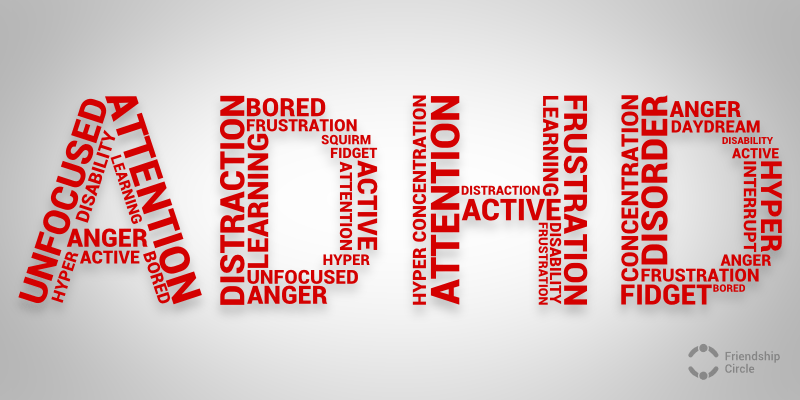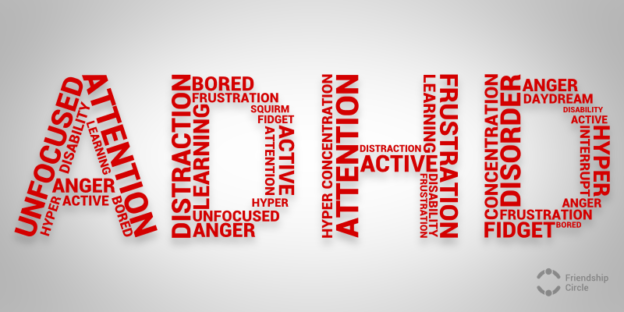The best ADHD treatment in Guntur at Dr Raos hospital
ADHD treatment is crucial for managing symptoms effectively, and understanding ADHD treatment options is the first step toward better outcomes. It is estimated that 3–5% of school-aged children have attention deficit hyperactive disorder (ADHD), making it one of the most common childhood disorders. Despite its prevalence, there is still a lot of misinformation and misunderstanding about ADHD. This article will dispel some of the myths about ADHD and provide accurate information about the disorder, including its demographics, causes, risk factors, diagnosis, treatment, and prognosis. We will also highlight Dr. Raos Hospital, widely considered the best facility for treating ADHD.
There are many myths about Attention Deficit Hyperactivity Disorder (ADHD), its demographics, causes, risk factors, diagnosis, treatment, associated conditions, disabilities, and prognosis. ADHD is an actual medical condition that can be diagnosed and treated. It is not simply a “being lazy” or “not trying hard enough.” People with ADHD can be successful in life if they receive the proper support and treatment.
Many myths and misconceptions exist about attention deficit hyperactivity disorder (ADHD). This essay will dispel some myths and provide accurate information about the demographics, causes, risk factors, diagnosis, treatment, associated conditions, disabilities, and prognosis of ADHD.
Demographics
ADHD affects both children and adults. It is one of the most common childhood disorders and can persist into adulthood. According to the Centers for Disease Control and Prevention (CDC), about 11% of children aged 4-17 have been diagnosed with ADHD. Boys are more likely to be diagnosed than girls, at a ratio of about 4:1. ADHD is also more common in certain ethnic and racial groups, including Native Americans and Hispanics.
Causes
The exact cause of ADHD is unknown, but it is thought to be due to a combination of genetic and environmental factors. ADHD runs in families, so there is likely a genetic component. Environmental factors that may play a role include exposure to toxins such as lead, trauma or stress, and maternal smoking during pregnancy.
Risk Factors
There are several risk factors for ADHD, including family history, exposure to toxins, trauma or stress, and maternal smoking during pregnancy. Other risk factors include prematurity, low birth weight, and certain medical conditions such as epilepsy or Tourette syndrome.
Diagnosis
ADHD is diagnosed by psychiatrists, psychologists, or neuro doctors using criteria from the Diagnostic and Statistical Manual of Mental Disorders (DSM). The DSM is a guidebook mental health professionals use to diagnose mental disorders. To be diagnosed with ADHD, a person must have symptoms that are present for at least six months and interfere with functioning in at least two areas of life, such as school, work, or relationships.
Treatment
There is no cure for ADHD, but there are effective treatments. The most common treatment is medication, which can help to control the symptoms of ADHD. Other treatments include behavioral therapy, which can help to teach skills such as time management and organization, and educational therapy, which can help to improve academic performance.
Associated Conditions
Several conditions are associated with ADHD, including learning disabilities, anxiety disorders, and depression. ADHD can also lead to problems in relationships, employment, and education.
Disabilities
ADHD can lead to several disabilities, including learning, memory, and executive functioning problems. Executive functioning includes skills such as planning, organization, and time management. ADHD can also lead to social skills, communication, and self-control problems.
Prognosis
The prognosis for people with ADHD is generally reasonable. With treatment, most people with ADHD can live everyday, productive lives. However, untreated ADHD can lead to relationships, employment, and education problems.
Conclusion
If your child is struggling with ADHD, know you are not alone. This disorder affects a lot of people, but there is help available. Dr. Rao’s hospital is one of the best in the country for treating ADHD, so if you need assistance, be sure to contact them. With the proper treatment, you can live a happy and healthy life. Dr Rao is best in the field and you can contact @ 9010056444 or 9010057444.


